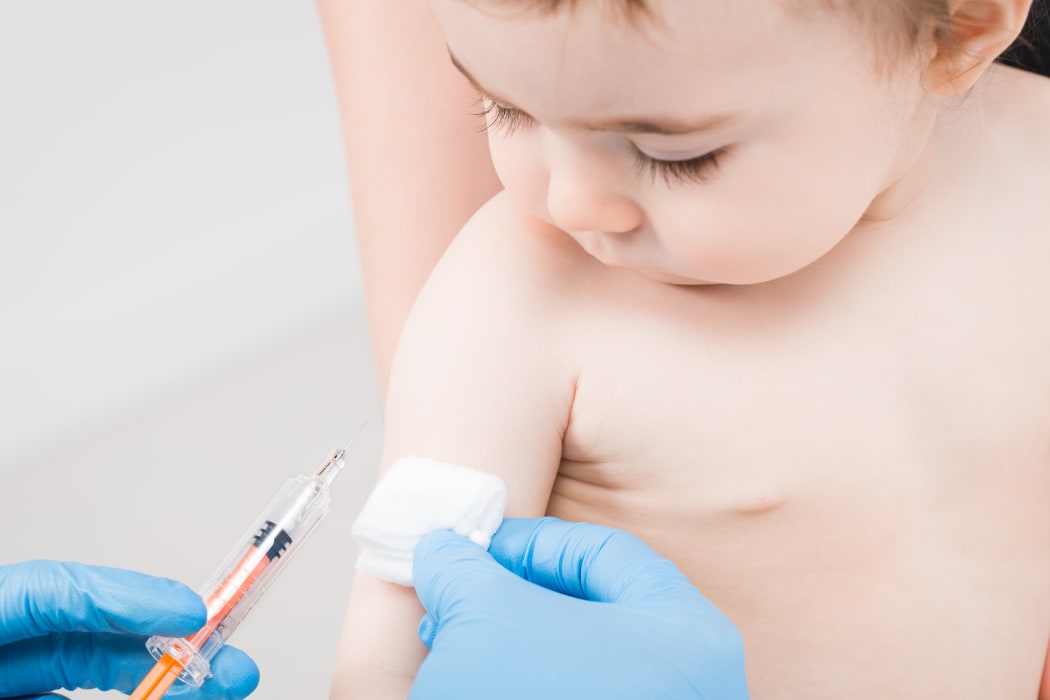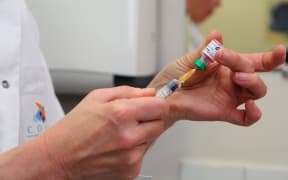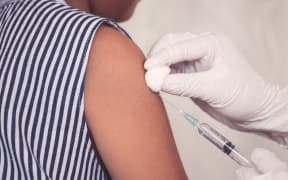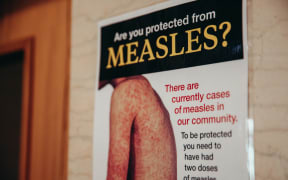A significant drop in the number of Māori infants getting vaccinated on time has the head of the immunisation advisory concerned there will be an increase in hospitalisations for serious illnesses.

There has been a 2.4 percent decrease in infant immunisation rates across the country, Ministry of Health figures show. Photo: 123RF
Ministry of Health figures show a 5 percent drop from April to June in Māori infants being vaccinated at six months.
Immunisation Advisory Centre director Dr Nikki Turner said it was putting them at higher risk of developing serious illnesses.
"The most important currently in the New Zealand environment is whooping cough, so if you delay some of the other vaccines, it's not such a problem but if you delay whooping cough we know from New Zealand data that these infants end up being two to four times at higher risk of ending up in hospital with whooping cough.
"There's a lot of whooping cough around so we don't want anyone to delay, it's been a disrupted year so people can get a bit confused about when to go in. It's also important for pregnant women to remember to be immunised for it as well," Dr Turner said.
She said the drop in the rate of vaccinations for all infants at the Northland, Tairāwhiti and Lakes district health boards, which were up to 16 percent lower than the national average (76.2) was also hugely concerning.
There was an increasing lack of confidence and trust in health services, Dr Turner said, caused by the rise in misinformation online which was driving the decrease in immunisation rates in New Zealand.
There has been a 2.4 percent decrease in infant immunisation rates across the country, but that is double in areas with the greatest socioeconomic deprivation (4.4 percent).
She said there were a myriad of reasons, alongside distrust of health services, for the lower vaccination rates, including pressure on families who may have lost their jobs, and services being stretched.
"We saw a lot of drop-off in people coming out, accessing vaccines in a timely fashion at the general practice and also, temporarily, many of our outreach services were unable to continue.
"[But] I think a lot of this is about access challenges to preventive health issues, childhood vaccination is getting lost in the noise of all the other things going on at the moment."
Dr Turner said childhood immunisation rates were "diving" internationally, which could see measles come back into New Zealand when borders are reopened.






